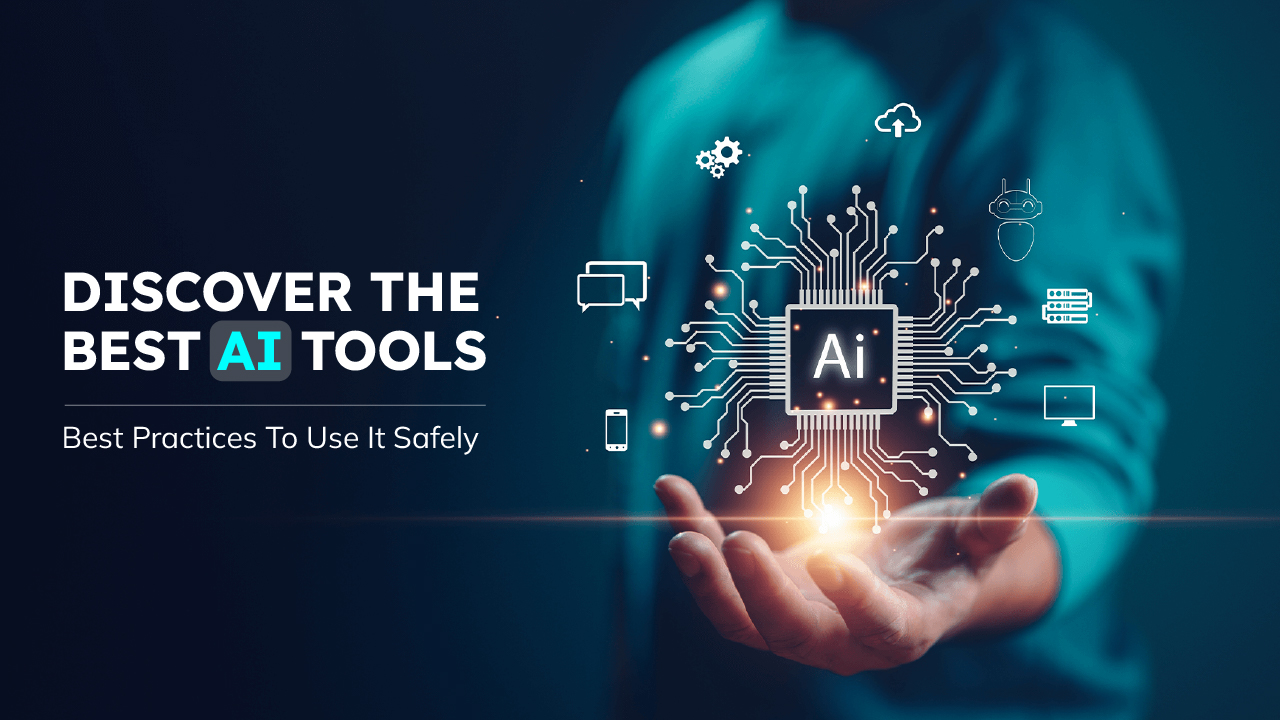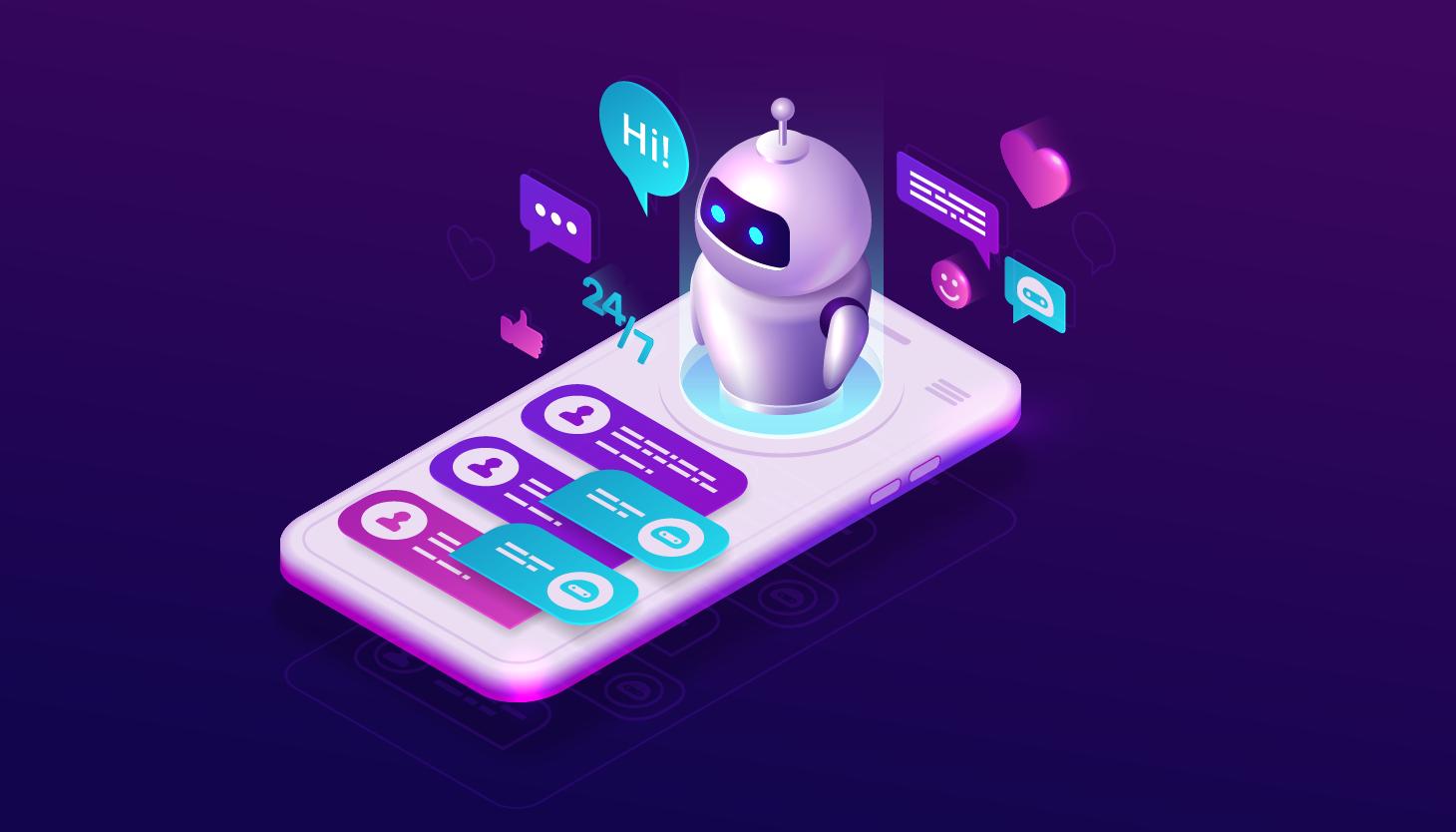Category: Technology
-

What is Extended Reality (XR)? Extended Reality (XR) is an umbrella term that encompasses Virtual Reality (VR), Augmented Reality (AR), and Mixed Reality (MR). These immersive technologies blend the physical and digital worlds, enabling users to interact with digital environments in new and innovative ways. Whether it’s enhancing gaming experiences, revolutionizing education, or improving healthcare…
-

The Growing Importance of Cybersecurity n today’s fast-evolving digital landscape, cybersecurity trends in 2025 are shaping the way businesses protect their data and operations. Cybersecurity is no longer optional—it’s a necessity. With businesses embracing cloud computing, AI, and blockchain, cyber threats are becoming more sophisticated. Protecting sensitive data, financial transactions, and customer information is critical…
-

The Future of Software Development with AI Artificial Intelligence (AI) is no longer a futuristic concept—it’s actively transforming software development. From automating repetitive tasks to enhancing security, AI is making coding faster, smarter, and more efficient. But how exactly is AI reshaping the software industry in 2025? Let’s dive into the top five AI use…
-

Why Custom Software is a Game Changer In today’s fast-paced digital world, businesses need tailored solutions to stay competitive. Off-the-shelf software may seem convenient, but it often lacks flexibility, scalability, and efficiency. Custom software solutions offer a personalized approach, helping businesses boost productivity, optimize processes, and drive growth. Taking the first steps toward custom software…
-

Are you ready to discover the powerful AI tools in 2025 that are transforming industries and empowering individuals? As artificial intelligence continues to evolve, staying ahead of the curve is essential. In this blog, we’ll explore the 7 best AI tools in 2025 that are reshaping the way businesses operate and helping individuals unlock new…
-

Introduction: The Future of Healthcare is AI-Driven Artificial Intelligence (AI) is reshaping industries worldwide, and healthcare is no exception. From early disease detection to robotic surgeries, AI is enhancing patient care, making treatments more precise, and improving healthcare outcomes. But how exactly is AI changing the way we receive medical attention? Let’s explore the groundbreaking…
-

The way businesses interact with customers is evolving rapidly, thanks to advancements in artificial intelligence. AI chatbots in customer service 2025 are no longer simple automated responders—they have become intelligent virtual assistants capable of understanding and resolving complex customer queries. As we step into 2025, AI-driven chatbots are set to redefine customer service by offering…
-

The AI Race: DeepSeek Vs ChatGPT Artificial intelligence is evolving rapidly, and two major contenders have emerged in the AI language model battle—DeepSeek and ChatGPT. In this DeepSeek vs ChatGPT AI Comparison, we analyze their key differences, strengths, and future potential. While ChatGPT, developed by OpenAI, has been dominating the AI chatbot market, DeepSeek is…
-

Blockchain is a distributed ledger technology that allows digital transactions to be recorded and stored in a secure and immutable way. It works by storing the transactions in blocks, which are then joined together in a chain. Each block in it contains a cryptographic hash of the previous block, a timestamp, and a record of…
-

A private blockchain is a type of distributed ledger technology that is used within a closed network of participants. It is not open to the public and requires permission from the network administrators to join. Private blockchains are typically maintained by a single organization and provide a more secure, controlled environment for conducting business. They…